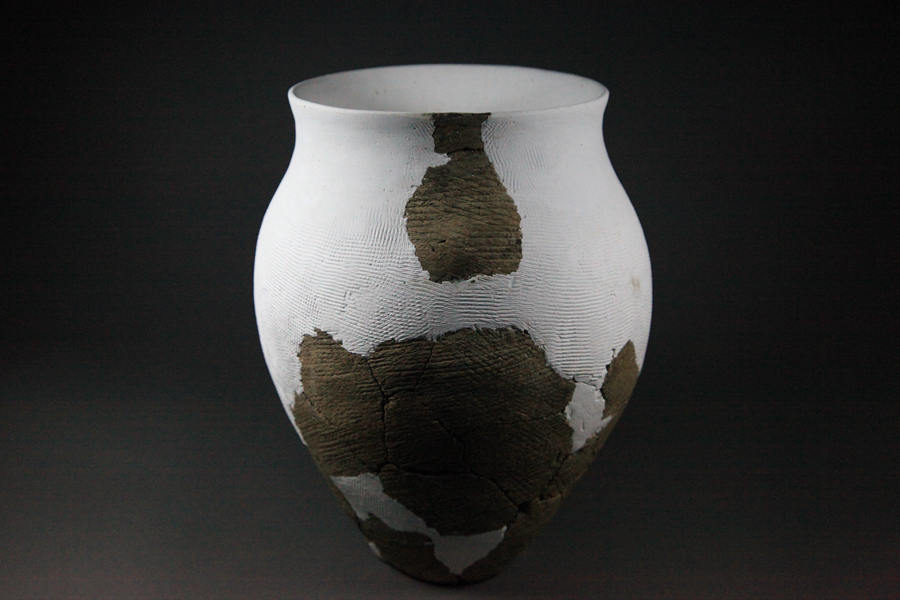 |
|
Pieces (placed in white reconstruction) of pottery vase found among Niupodong cave relics, Gui'an New District, Guizhou province, 3,000 to 15,000 years old. [Photo provided to China Daily] |
"The basic layout of the ancient city has been figured out, and many important relics were found that show Beijing's early history, but a few more years will be needed to fully study the site with follow-up excavations," said Liu Qingzhu, one of the judges of the Top 10 finds and academic director of the Institute of Archaeology, affiliated with the Chinese Academy of Social Sciences.
The judging panel was composed of 21 experts from institutions, including the Palace Museum, the National Museum of China and Peking University. They took part in this year's annual poll, which has been called "the Academy Awards of Chinese archaeology".
Liu said that town ruins from the Tang Dynasty (618-907) found in Shanghai's Qingpu district indicate a lesser-known direction of the ancient Maritime Silk Road trade route.
"Previous studies often focused on southern routes," Liu said. "Findings in the town not only unveiled an early stage city in Shanghai, but also a route leading to the Korean Peninsula and Japan."